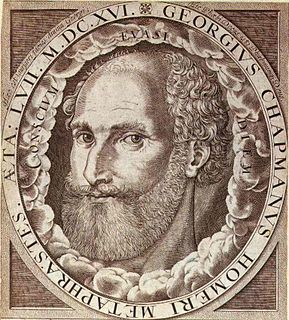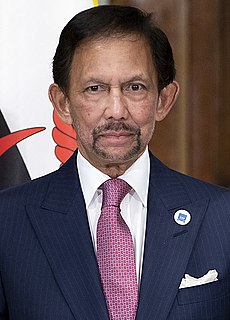A Quote by George Chapman
Who to himself is law, no law doth need, offends no law, and is a king indeed.
Related Quotes
The law is equal before all of us; but we are not all equal before the law. Virtually there is one law for the rich and another for the poor, one law for the cunning and another for the simple, one law for the forceful and another for the feeble, one law for the ignorant and another for the learned, one law for the brave and another for the timid, and within family limits one law for the parent and no law at all for the child.
Fidelity and allegiance sworn to the King is only such a fidelity and obedience as is due to him by the law of the land; for were that faith and allegiance more than what the law requires, we would swear ourselves slaves and the King absolute; whereas, by the law, we are free men, notwithstanding those oaths.
In war, in some sense, lies the very genius of law. It is law creative and active; it is the first principle of the law. What is human warfare but just this, - an effort to make the laws of God and nature take sides with one party. Men make an arbitrary code, and, because it is not right, they try to make it prevail by might. The moral law does not want any champion. Its asserters do not go to war. It was never infringed with impunity. It is inconsistent to decry war and maintain law, for if there were no need of war there would be no need of law.
Since natural law was thought to be accessible to the ordinary man, the theory invited each juror to inquire for himself whether a particular rule of law was consonant with principles of higher law. This view is reflected in John Adams' statement that it would be an 'absurdity' for jurors to be required to accept the judge's view of the law, 'against their own opinion, judgment, and conscience.'





































